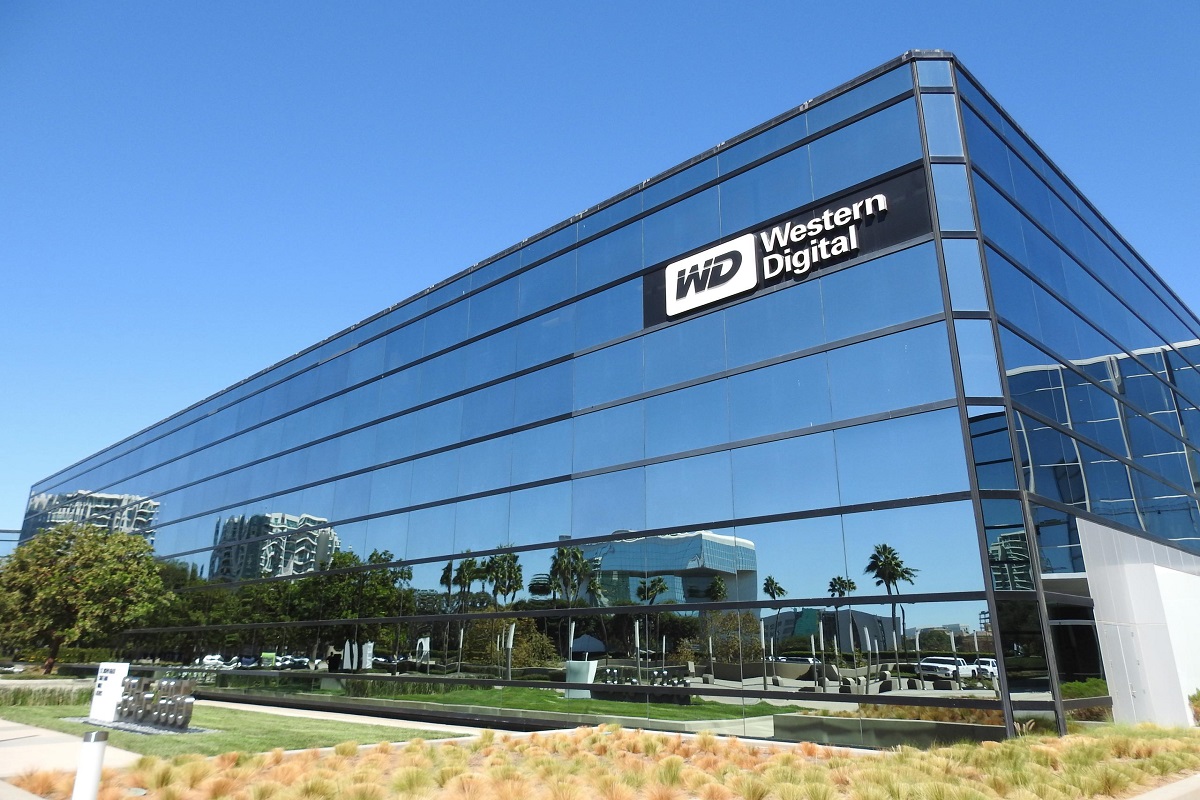Western Digital launches new SSD for Indian gamers
Powered by an internal PCIe Gen4 SSD, the new drive delivers speeds of up to 7,300 MB per second for better gaming experience
The car industry must therefore overcome a significant data storage barrier before it can leap into the futuristic world of driverless vehicles.

Data storage solution company Western Digital on Friday launched a new SSD (solid-state drive) to provide a seamless experience for hardcore gamers in the country. picture Abilitie)
In the global market, over 70% of vehicles are anticipated to be connected by 2025, with a 5G connection in one out of four vehicles. This indicates that people are becoming more receptive to different degrees of autonomy in their cars. existing elements, such as automated systems for entertainment, in driver-controlled cars, brakes, collision alerts, cruise control, and blind-spot vision already produce an enormous data load.
The car industry must therefore overcome a significant data storage barrier before it can leap into the futuristic world of driverless vehicles.
Advertisement
This necessitates an urgent need for storage, network, and computer systems that efficiently manage vast amounts of data gathered by linked cars.
Advertisement
These data-intensive applications and suitable storage choices are listed below:
Navigation and infotainment: Even traditional elements like these have undergone significant modernization, with systems now able to regulate anything from mobile communications to vehicle configuration and 3D navigation. For higher reliability, upgraded flash storage technologies like iNAND® storage devices are required. The latest in cutting-edge infotainment, navigation, HD mapping, V2V/V2I communication, drive event recorders, and autonomous driving is supported by this storage solution by supporting data demands.
Dashboard recorders: Dashcams, particularly in locations with sparse CCTV coverage, give the authorities and insurance companies crucial information about accidents. It also suggests that data storage is a factor that modern cars are paying more attention to. Removable microSDTM and SDTM cards are attractive storage options for video recordings since they offer flexibility and dashcams can create a lot of data. Automotive-grade SD cards from Western Digital offer dependability and performance and are created and optimised for the auto sector.
Telematics and over-the-air: Automotive software is essential to this process as it conveys everything from information about a car’s health before an accident to various environmental emergency notifications. Additionally, automotive software needs to be updated often, and telematics enables OEMs to do so over-the-air (OTA) using wireless networks. Updates can be downloaded onto iNAND embedded flash devices, which can subsequently be attached to other systems in the car for updates, as part of the data storage solution for telematics offered by Western Digital.
V2V/V2I communications: Autonomous driving is made possible via vehicle-to-vehicle (V2V) and vehicle-to-infrastructure (V2I) communications. This important piece of technology is necessary for guaranteeing accident avoidance and a secure driving environment.
The Universal Flash Storage (UFS) storage technology from Western Digital is made to function in infrastructure and in-vehicle contexts where data is continuously generated and streamed for instant and offline data analytics. Even in harsh weather circumstances, it provides high-performance data transmission.
It is amazing to watch how storage technologies are influencing mobility innovation. Data storage and management will be at the centre of vehicle development as we increase driving capacity and performance possibilities, attributed to Khalid Wani, Senior Director – Sales, India, Western Digital.
Advertisement